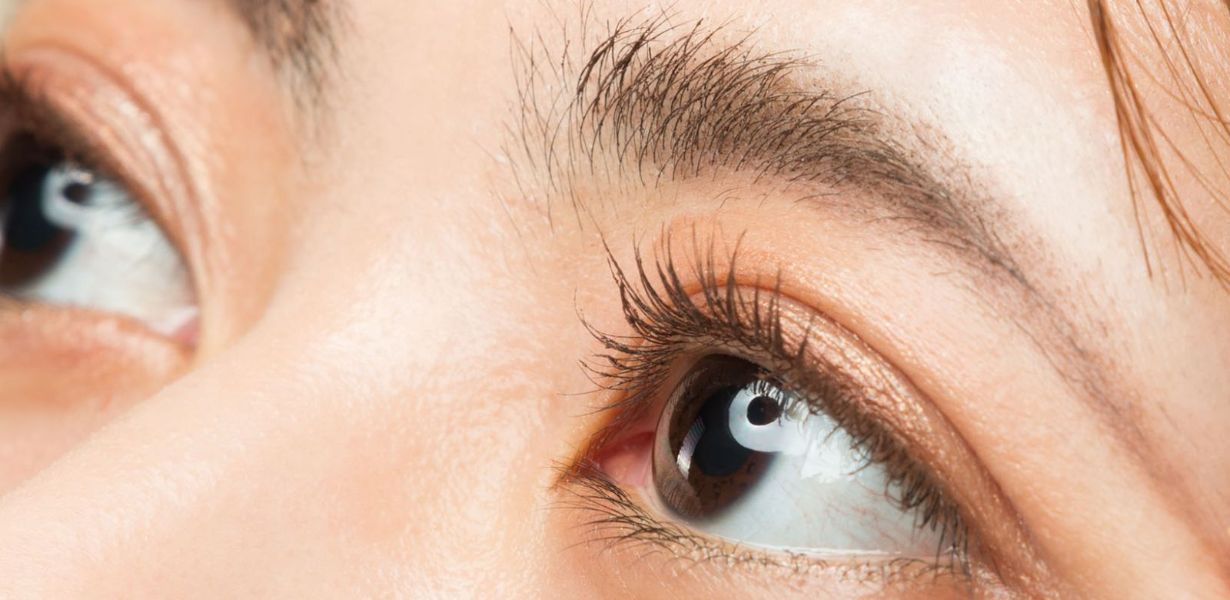
Maintaining optimal eye health is crucial for a vibrant and fulfilling life. Our eyes are windows to the world, allowing us to experience its beauty and wonder. However, in today’s digital age, with increased screen time and environmental factors, taking care of our eyes has become more important than ever. In this comprehensive guide, we delve into the realm of eye health, covering everything from essential practices to advanced supplements. Discover how to improve eye health and ensure your vision remains sharp and clear for years to come.
Understanding Eye Health
Your eyes are delicate organs, intricately designed to capture light and convert it into visual information. The eye is composed of several components, including the cornea, lens, retina, and optic nerve. To maintain good vision, it’s essential to adopt healthy habits that support these structures.
The Importance of Regular Eye Exams
Regular eye exams are the cornerstone of preventive eye care. They allow optometrists to detect early signs of eye diseases such as glaucoma, macular degeneration, and cataracts. Early detection increases the likelihood of successful treatment and helps preserve your vision.
Nutrition for Optimal Eye Health
A diet rich in nutrients can significantly impact your eye health. Incorporating foods high in antioxidants, vitamins, and minerals can help protect your eyes from damage caused by free radicals. Key nutrients include:
Vitamin A:
Essential for night vision and maintaining the health of your cornea.
Vitamin C:
Supports blood vessels in the eyes and may lower the risk of cataracts.
Vitamin E:
Protects cells from oxidative stress and may help prevent age-related macular degeneration.
Zinc:
Aids in the absorption of vitamin A and helps maintain retina health.
Hydration and Eye Health
Staying properly hydrated is not only important for your overall health but also for your eyes. Dehydration can lead to dry, irritated eyes. Drinking an adequate amount of water helps maintain tear production and keeps your eyes comfortable.
Protecting Your Eyes in the Digital Age
In today’s world, digital devices have become an integral part of our lives. However, prolonged screen time can strain our eyes and lead to discomfort. Follow these tips to protect your eyes from digital eye strain:
The 20-20-20 Rule
Adopt the 20-20-20 rule to give your eyes a break. Every 20 minutes, shift your focus to an object at least 20 feet away for 20 seconds. This simple practice reduces eye strain and fatigue.
Blue Light Protection
Digital screens emit blue light, which can disrupt sleep patterns and cause eye strain. Consider using blue light filters on your devices or wearing blue light-blocking glasses to reduce exposure.
Eye Health Supplements: Enhancing Your Visual Well-being
In addition to a healthy diet, certain supplements can provide targeted support for your eye health. These supplements contain a combination of vitamins, minerals, and antioxidants that benefit your eyes.
Lutein and Zeaxanthin
These carotenoids are found in high concentrations in the retina. They help filter harmful high-energy light and may reduce the risk of age-related macular degeneration.
Omega-3 Fatty Acids
Omega-3s are known for their anti-inflammatory properties. They contribute to healthy retinal function and may help prevent dry eyes.
Bilberry Extract
Rich in antioxidants, bilberry extract has been associated with improved night vision and reduced eye fatigue.
Commonly Asked Questions About Eye Health
Q1. Can eye health supplements replace a healthy diet?
While supplements can provide targeted support, they shouldn’t replace a balanced diet. A combination of nutrient-rich foods and supplements can promote optimal eye health.
Q2. Are digital devices the main cause of eye strain?
Digital devices can contribute to eye strain, but other factors such as lighting, posture, and screen settings also play a role. Practice good habits to alleviate strain.
Q3. Can children take eye health supplements?
Consult a pediatrician before giving supplements to children. A well-balanced diet rich in nutrients is usually sufficient for their eye health.
Q4. How often should I have an eye exam?
For adults with no pre-existing conditions, an eye exam every 1-2 years is recommended. People with diabetes or a family history of eye diseases may need more frequent exams.
Q5. Is it possible to improve vision naturally?
While some lifestyle changes can support healthy vision, like maintaining a healthy diet and proper hydration, significant improvements in vision usually require medical intervention.
Final Words
Taking care of your eyes is a lifelong commitment to your well-being. From nourishing foods to effective supplements, there are various ways to safeguard your vision. By adopting healthy habits and staying proactive, you can enjoy clear and vibrant eyesight for years to come.




